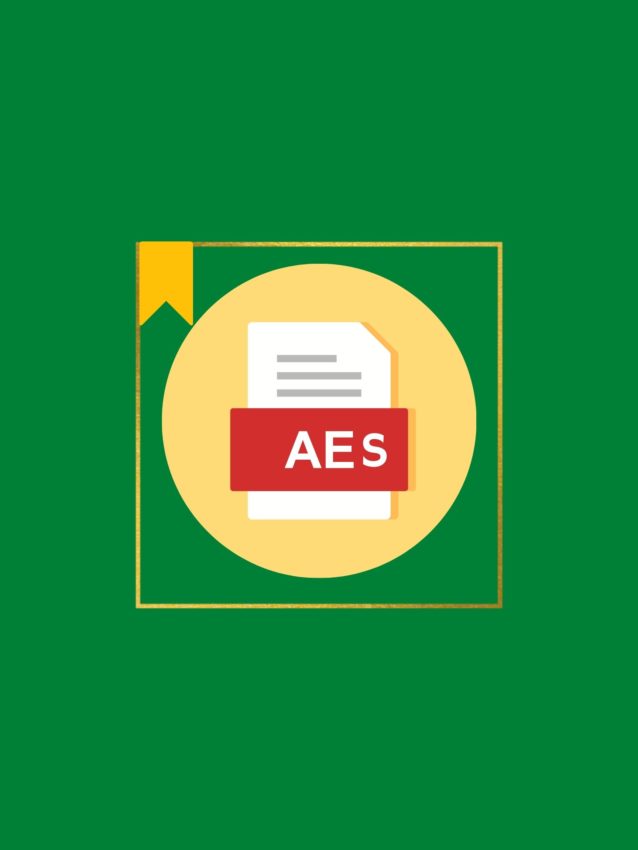
With the move to online learning, Access and Equity Services has been accommodating students and professors with different support and resources.
Maxine Kinakin, manager of AES at the University of Saskatchewan, says that for those that access their services, COVID-19 has brought on a mix of both positive and negative experiences. AES has been responsible for helping instructors make their online classrooms inclusive and for helping students access accommodations that they may not have needed previously.
“Really, we’re just trying to provide the services that we normally provide in-person online, and I think we’ve done a pretty good job,” Kinakin said.
Kinakin says that in addition to increased stress and anxiety among students doing online learning, some students have difficulty participating in their courses if they are also homeschooling their children. Consequently, there has been an increase in family status accommodation requests.
The increase in requests is a positive development, Kinakin says, as it has brought more awareness around some of the protected categories under Saskatchewan law, such as disability, religion and family status, among others.
“For U of S students who are also parents or are legal care providers to elderly parents, I think it allowed them to learn and understand that accommodations are possible for them,” Kinakin said.
Despite the drawbacks, Kinakin has also seen benefits from online learning. For students with physical disabilities, booking access transit and moving around campus in the winter were not concerns this year.
Additionally, in classes where instructors replaced timed, closed-book exams with alternate styles of evaluation, “students have found that’s really benefited them,” Kinakin said.
She hopes that the increased popularity of non-traditional exam methods is here to stay. Having spoken with instructors who have preferred allowing students to put more time, thought and energy into their exams, Kinakin thinks this is possible.
“I think we probably will see a different kind of hybrid approach [and] different norms for examining especially,” Kinakin said.
To accommodate the technological requirements of online learning, AES advisors have been responsible for ensuring students with permanent diagnoses, who may have previously relied on computers on campus, have assistive technology at home. Kinakin says AES is “fortunate” to have access to federal funding for these purchases.
Approximately 3,000 U of S students are currently registered with AES. As that number grows each year, Kinakin says she hopes to increase staff because having limited resources is “always a worry.”
“My advisors, they work so very hard to try to see as many students as they can and then follow up with those students,” Kinakin said. “We really are trying, but … we just continue to see growth every year in students, which is fantastic.”
Kinakin says that a new policy on access and accommodation is in development at the U of S, and she expects the number of students registered with AES to continue to grow once it is released.
The policy will “speak to all of the protected categories of Saskatchewan human rights and the duty to accommodate.”
The new policy, currently in working group stages with instructors, associate deans and students providing feedback on the draft, will soon be reviewed by a policy oversight committee.
“My hope is that we’ll do an advertising and education piece to roll those documents out, and I think that will be an exciting time,” Kinakin said.
—
Sandra LeBlanc
Graphics: Kanika Gupta
Leave a Reply